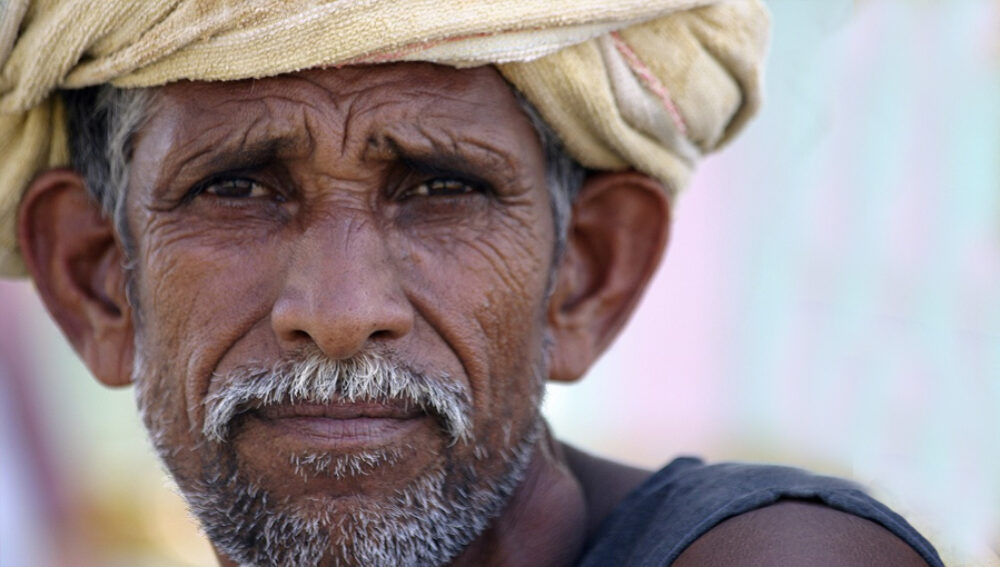The recent emphatic electoral victory of the BJP has understandably led to joyous celebrations among millions of Modi’s supporters and his formal political allies in parliament, but such states of happiness are ephemeral. As the excitement of victory wanes, one needs to ask how ‘happy’ Indians are as measured by life satisfaction surveys. These surveys use the metric of the Cantril ladder of self-reported feelings of life satisfaction (0 being the worst, 10 being the best). Did Modi’s promise of ‘good times’ (acche din) and ‘inclusive development’ (sabka saath, sabka vikas), while advancing the cause of Hindu nationalism, boost the collective feeling of well-being among Indians on an enduring basis?
To gauge the state of happiness in India today under the Modi regime, one can turn to the 2019 World Happiness Report by the UN – the seventh such report. It uses data from Gallup to measure, rank and analyse the state of happiness across the world from 2005 to 2018.
India fares poorly. Its rank is 140 out of 156 nations based on an average of scores for the 2016-2018 period. It ranks significantly behind South Asian neighbours, such as Pakistan (ranked 67) and Bangladesh (ranked 125). The trend in the reported happiness index for India is worrisome. India slipped significantly in the rankings and the index itself fell by more than 1.1 points over time (from an overall index of 5.15 in 2005-2008 to 4.02 in 2016-2018). It shares this significant negative trend with several conflict-ridden countries, such as Yemen, Syria and Venezuela.
The 2019 report concludes that, in statistical terms, there is a close association between per capita income, healthy life expectancy, social support, freedom to make life choices, generosity, perceptions of corruption, and aggregate measures of life satisfaction. In the so-called ‘happiness league tables’, India seems to be dragged down by lack of social support and poor performance in healthy life expectancy even as per capita income has grown significantly over time.
There are other surveys that are broadly consistent with the findings of the UN report. Gallup conducted a survey in 2018 which showed that only 3% of Indians were ‘thriving’ (that is, the proportion who rated their current life satisfaction as 7 or more and their future life satisfaction as 8 or more) relative to 14% in 2014 (when the BJP came to power). The Gallup report attributes this to very high levels of inequality in India and the huge rural-urban divide in which most of India’s agricultural households are in debt.
A 2018 survey of the Pew Research Centre reveals that the time-frame over which Indians are asked to evaluate their views of whether economic and social conditions are improving seem to matter a great deal. When asked if the financial situation of the average Indian is better today than 20 years ago, roughly 65% say that it is better. If, on the other hand, when asked whether the situation in terms of challenges facing India – such as lack of job opportunities – has gotten better or worse over the last five years (a time frame that largely encompasses the Modi government), few (21%) have positive observations to offer.
In sum, while a Modi-led BJP government can savour a splendid electoral victory, the challenge of governing a nation in which the state of happiness (as measured by self-reported life satisfaction) is rather low and has apparently worsened over time is formidable. How that challenge will be met remains to be seen.
Iyanatul Islam is an Adjunct Professor at the Griffith Asia Institute and former Branch Chief, ILO, Geneva.








